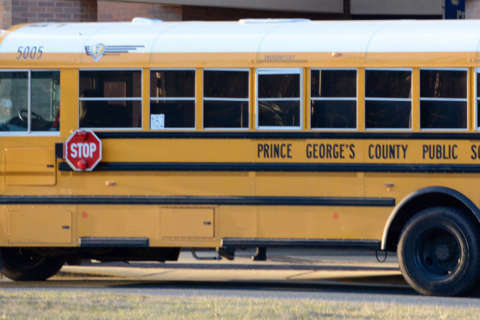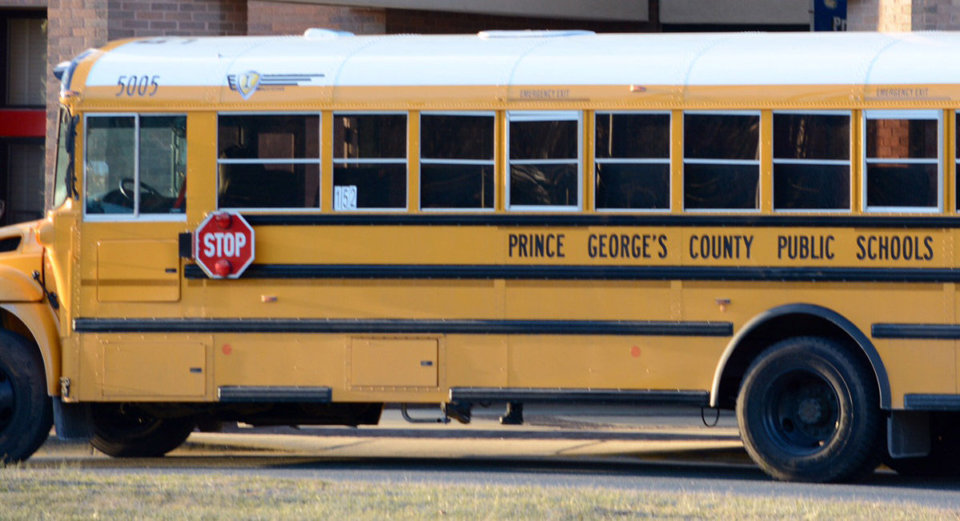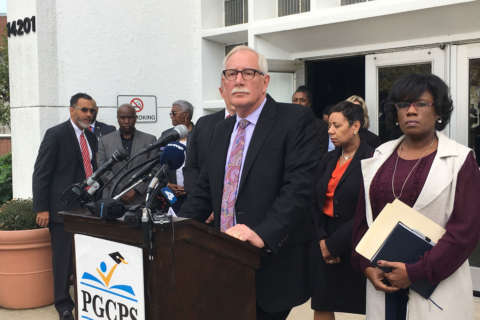
WASHINGTON — Prince George’s County leaders say a report released Friday proves there is no systemic manipulation of grades in the public school system. But does it really say that?
The central question raised in the run-up to the report is whether or not the eight point increase in the county’s graduation rate since 2012 was built on deception. The report doesn’t reach that conclusion, but it points out some glaring discrepancies that suggest at least a small number of irregularities occurred to let more students graduate than should have, along with some more systemic problems that made that easier to occur.
The primary focus of the study was on the nearly 5,500 students who had a failing grade changed to a passing one, even after the deadline to make changes to grades. The report’s authors took a sampling of just over 1,200 students and began digging deeper.
In most cases, the grades that were changed after the cutoff date were legitimate; it was often a teacher submitting a grade late. The report argues that hints more at a lack of oversight with grading procedures and recommends that the county provide more oversight into that process.
There were some instances of students having grades changed to ensure they passed, sometimes by way of excessive extra credit that was later graded by an administrator or guidance counselor and not that student’s teacher. That’s where the report spent much of its focus, with recommendations to tighten those policies.
Even still, the report did find 59 students out of the 1,200 reviewed graduated last year even though they shouldn’t have. In addition, questions linger over the nearly 300 other graduates as to whether they actually earned their diplomas, noting it’s not at all clear that their grades were changed for legitimate reasons.
Makeup work often associated with changed grades was often completed months after a student’s grade should have been finalized, and without any guidance as to when the work needed to be completed and how it would be graded. In some instances, the work was never actually processed in the central office like it was supposed to be, and the makeup work often had a higher impact on a student’s grade than it was meant to. That’s why another recommendation made in the report was to make uniform policies surrounding improving a grade through makeup work or extra credit.
One of the more eye-opening notes in the study was truancy. The report says nearly 44 percent of all graduates last year had at least 10 unexcused absences on their record. State law says that should lead to an automatic failure, regardless of what a student’s grade actually ends up being.
The report highlights a handful of students who even missed 50 days of school without any repercussions. However, attendance has been less of a priority in the county, with the report noting that teachers are no longer required to take daily attendance logs for each class, parents don’t have to notify schools when a child might be absent and less is done to track student attendance at the county level. The report says that’s another area the county needs to improve in.
The full report can be found here.








